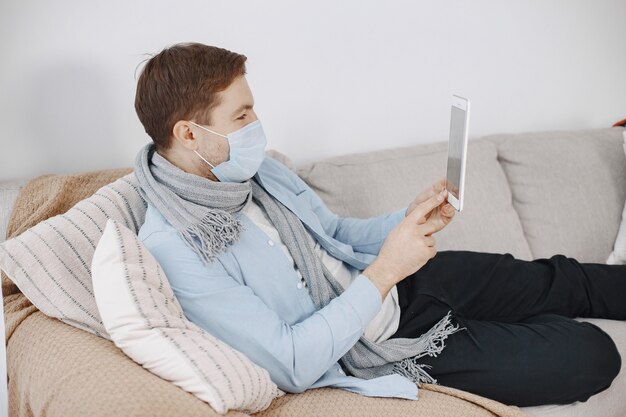
COVID-19 has reached every part of the world, causing issues like liver problems, respiratory failure, septic shock, pneumonia, heart problems, and even death. A major complication in COVID-19 is the Cytokine storm, a condition triggered by the immune system that releases a flood of Cytokines, which are inflammatory proteins. This can damage body tissues and destroy various organs.
Recognizing the symptoms of COVID-19 is crucial. Symptoms usually appear 2-14 days after exposure but can vary from person to person. If you experience shortness of breath, chest pain, a bluish face or lips, confusion, or trouble waking up, seek medical help immediately. The same goes for any family members showing these signs. In some cases, COVID-19 has also been linked to strokes.
It’s important to keep in mind the measures that can help you survive if you have COVID-19. While a sore throat can be a symptom, not every headache or sore throat means you have the virus. If you do notice symptoms like headaches and sore throat, take proper precautions and remedies.
If you suspect you have COVID-19, stay home. Isolate yourself from others in your household by staying in a separate room. Even if your symptoms are mild, like a runny nose or headache, staying home is crucial to prevent spreading the virus to others. If you continue to go out, you risk infecting others and worsening your condition, especially since your immune system is already compromised.
For medical assistance, call a doctor rather than visiting clinics or hospitals. You can also reach out to emergency medical services for treatment and testing if needed. If you think you have COVID-19, staying home is essential to prevent spreading it. Testing can be challenging but there are at-home COVID testing services available in cities like Dallas and Austin from providers such as Drip Hydration, who can also give medical advice if you test positive.
Remember, this situation is temporary. With proper rest and by following your doctor’s directions, you can prevent the spread of the disease to yourself, your family, and others.